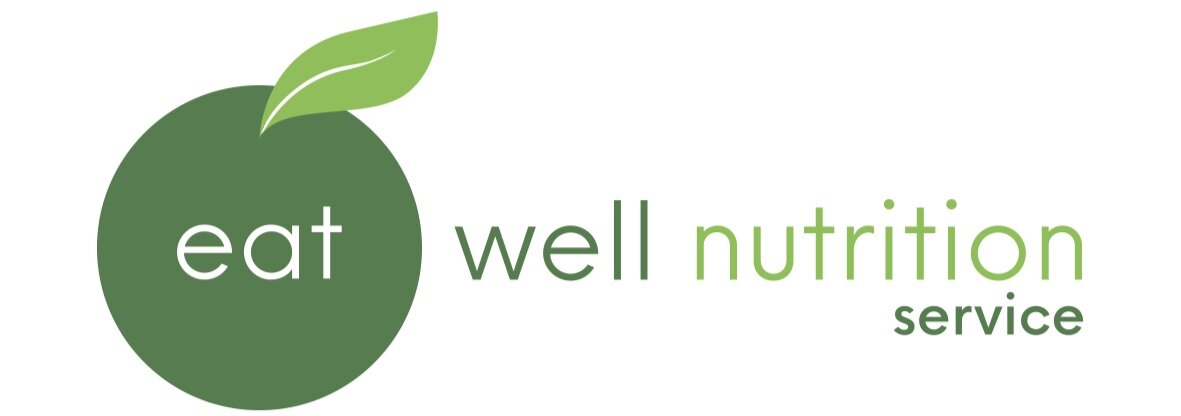UPDATE: Nutrition & Wound Healing in Aged Care
Poor nutrition in the elderly can result in a number of complications, including weight and muscle loss, reduced mobility, infections, and poor skin integrity. These complications increase the risk of residents developing pressure injuries and wounds. Nutrition plays an essential role in wound healing, and should be considered as a fundamental part of wound management in aged care.
The recent release of the Aged Care Royal Commission Interim Report highlighted wound management as a significant area of neglect within the aged care industry. Nutrition can play a significant role in optimising the outcomes for consumers with wounds. Please consider seeking consultation from your Eat Well Nutrition Service dietitian for any consumers with wound concerns.
When the body sustains a wound, requirements for protein and calories are higher than usual while the body is replacing old injured tissue with new tissue. The effects of a wound can be pronounced, even if the wound is small! If the body is not getting the nutrients it needs during the healing process, it can go into a state of malnutrition. The following nutrients are essential for wound healing in the elderly:
Protein: essential for the maintenance and repair of body tissue. Depleted protein will slow the wound healing process. Sources: meat, chicken, fish, eggs, dairy products, lentils and legumes, nuts and seeds, tofu
Energy: requirements increase depending on the size and complexity of the wound. The body’s preferred energy sources are carbohydrates and fats. Sources: carbohydrates – wholegrain bread and cereal, pasta, rice, potato, biscuits. Fats – meat, milk, cheese, butter, cream, yoghurt, oils and margarine
Zinc: key role in tissue growth and healing. Sources: red meat, fish, milk products, chicken and eggs
Iron: provides oxygen to the site of the wound to assist healing. Sources: red meat, offal, fish, eggs, dark green leafy vegetables, dried fruit, nuts and yeast extracts (e.g. Vegemite)
Vitamin C: important for forming new blood vessels, immune health and absorption of iron. Sources: fruit and vegetables (particularly oranges, tomatoes and leafy vegetables)
Hydration is also essential in wound management, as dehydrated skin is less elastic and more susceptible to breakdown. Dehydration also reduces blood flow, impairing the supply of oxygen and other nutrients to the wound. It is vital that consumers are encouraged to consume fluids with all meals and snacks.
Arginine is another essential nutrient during wound healing. Arginine is a protein that has been shown to be important in several pathways involved in wound healing. Arginine supplements may be beneficial for consumers with a stage two or above pressure injury.
Consumers who require nutrition support for wound healing or pressure injuries should be referred to the dietitian for a thorough nutrition assessment to determine the best course of action to optimise their wellbeing and outcomes.
For more information regarding nutrition and wound healing or to discuss individual consumer needs, please speak with your visiting dietitian from the Eat Well Nutrition Service team.
